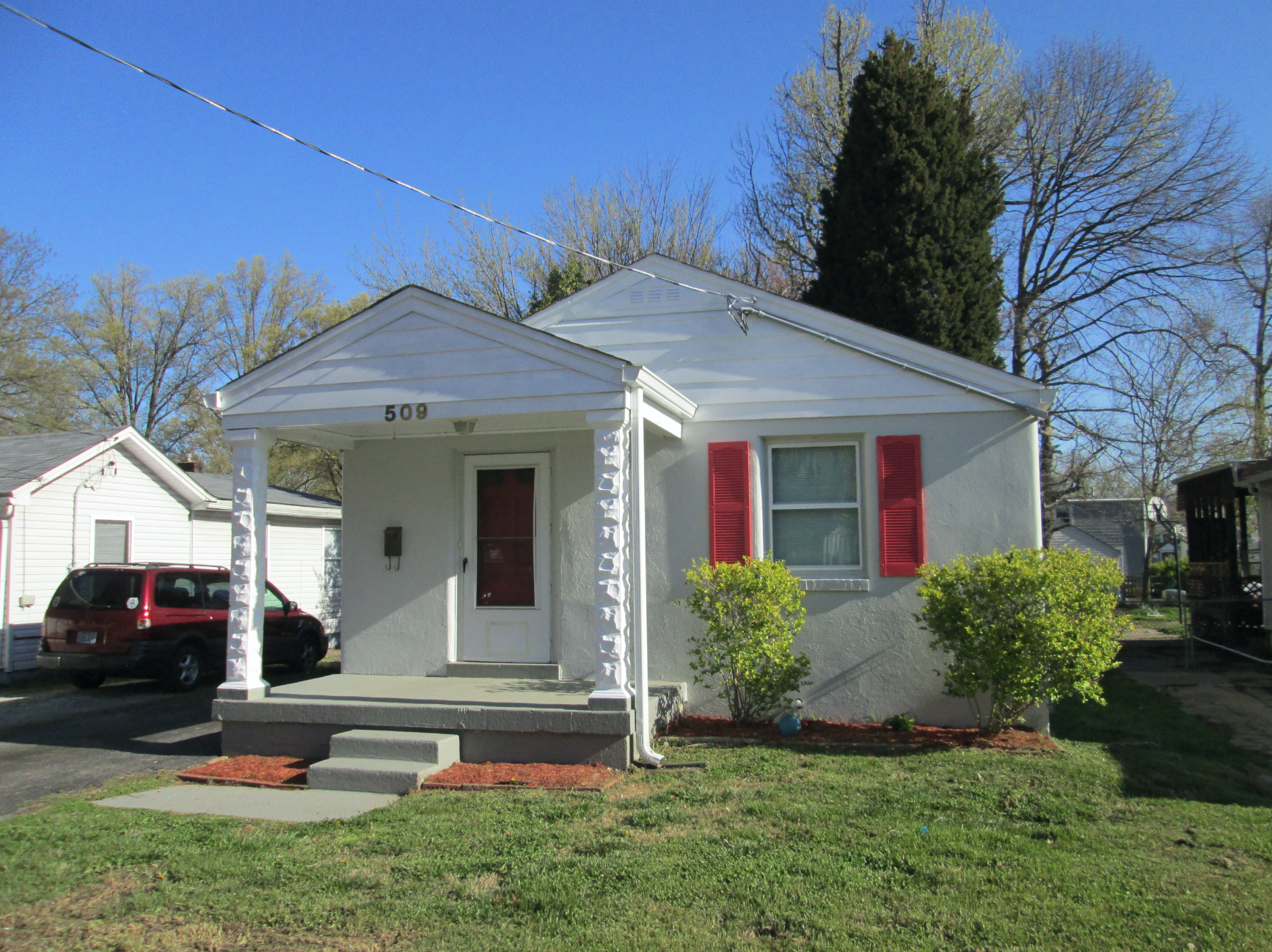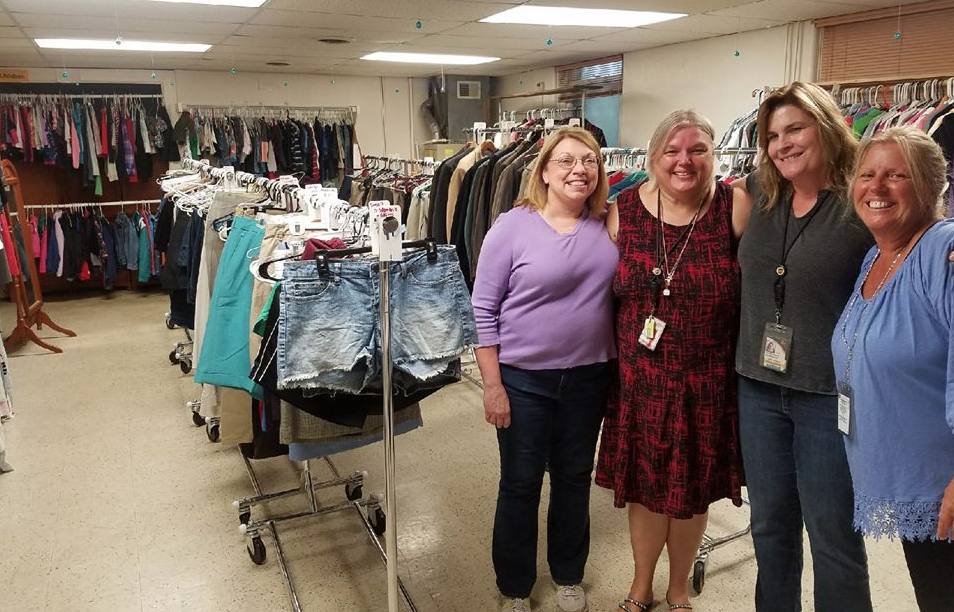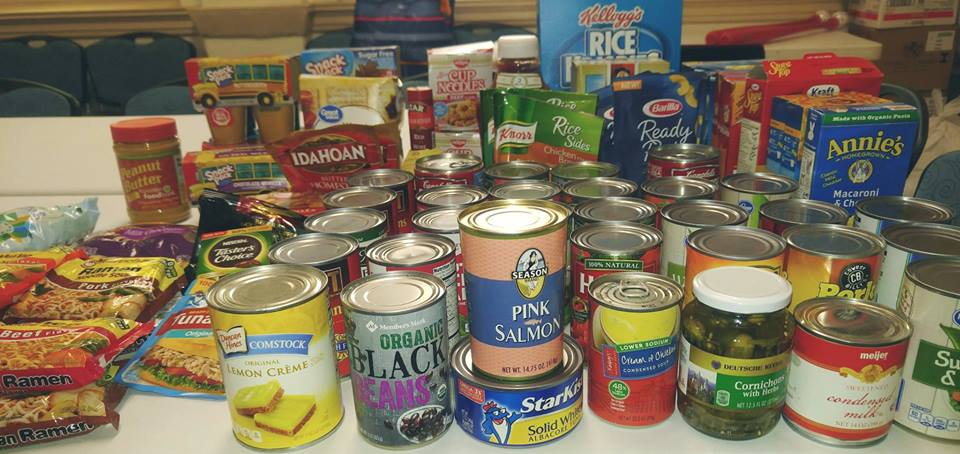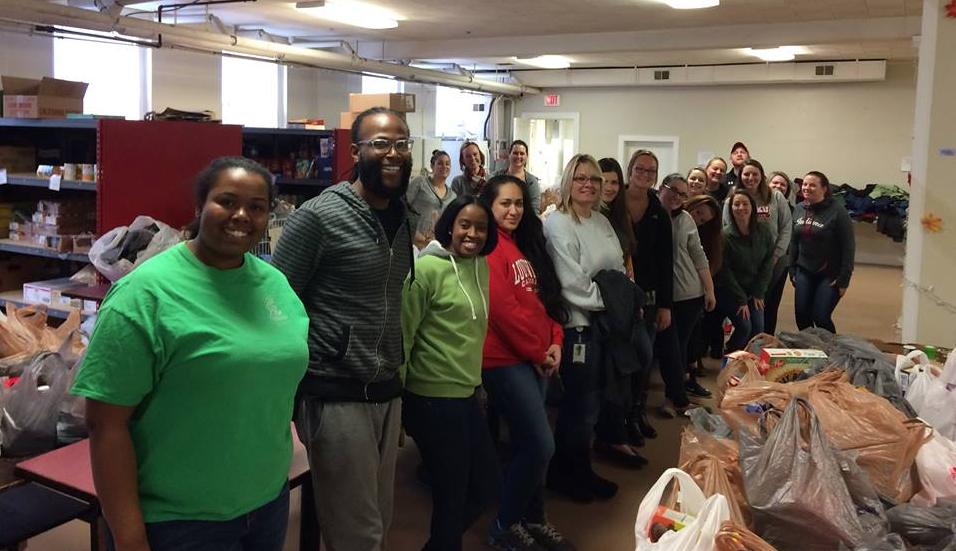Local Organization Provides Shelter For HIV/AIDS Patients In Need
In 2018, when people think about a public health crisis, their minds likely focus on opioids and addiction, but it hasn’t been that long since HIV and AIDS were at the forefront of public consciousness and the media news cycle. While the rates of new infections have declined over the years, HIV and AIDS remain serious issues that have a devastating effect on individuals, families and the community.
Lisa Sutton, executive director of House of Ruth, says when the organization was established in 1992, it exclusively served women and children, but now it offers its services to anyone who has HIV/AIDS and is in need. Community Health Trust was the organization that served men with HIV and AIDS, but when it ceased to exist, it gifted its assets to House of Ruth.
House of Ruth assists clients with short-term and long-term housing, emergency shelter and emergency or family services. Sutton says some House of Ruth clients are homeless or in danger of becoming homeless when they are referred to the organization. Housing is critical for the HIV/AIDS population because “if you are unstably housed, the last thing on your mind is being HIV-medication compliant and seeing the doctor,” Sutton says. The basic need of shelter must be met first before clients can successfully focus on other things.
Often House of Ruth clients have experienced trauma from childhood, which has had a cascade effect throughout their lives. Some have been in the foster care system or in juvenile detention. A common theme among them is “instability from infancy and early childhood,” Sutton says. Many are low-income and didn’t have a familial or financial safety net when they became HIV-positive.
House of Ruth clients often learn they have HIV/AIDS when they get sick and end up at the University of Louisville’s emergency room because they do not have primary care physicians. Some of them gain access to House of Ruth via the 550 Clinic, an infectious disease clinic on South Jackson Street. Sutton says clients are routinely referred to the organization from jail or prison. Although most clients are resistant to disclose their HIV status at a large community shelter, like Wayside or the Salvation Army, it does sometimes happen.
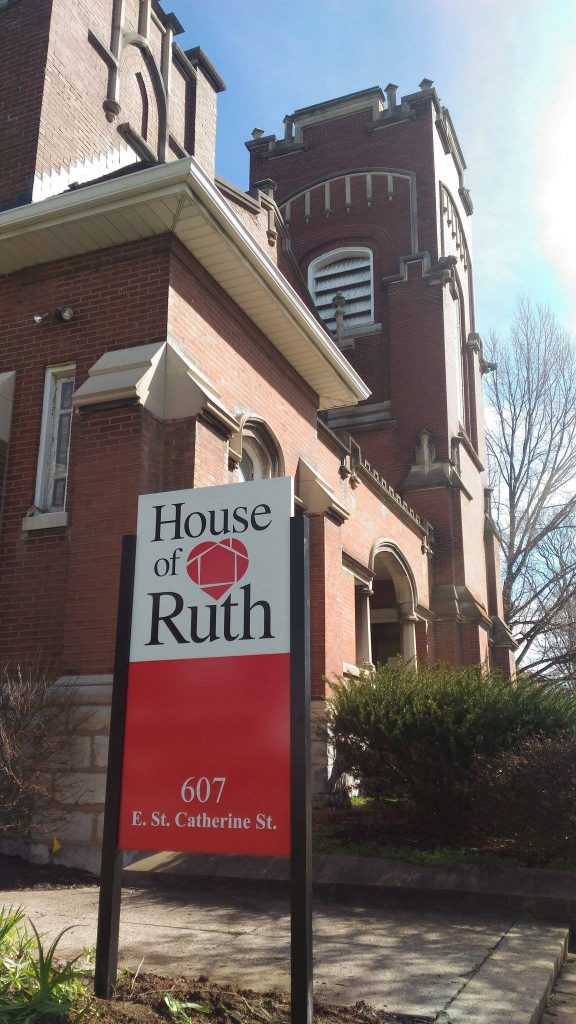 Once the social workers and therapists at House of Ruth have a client, they do an assessment to determine their client’s specific needs.
Once the social workers and therapists at House of Ruth have a client, they do an assessment to determine their client’s specific needs.
“We prioritize people who are street homeless as soon as we reasonably can,” Sutton says.
Unfortunately, because of the lack of affordable housing in the city, House of Ruth always has a waitlist. Glade House provides short-term housing and an emergency shelter. There are also 17 single family long-term housing sites scattered across the city.
House of Ruth works with clients to set a plan to become financially self-sufficient, which means different things to different people. For some, it may mean job training, while others need help navigating the process of acquiring their GED. House of Ruth offers mental health and substance abuse counseling, too.
While House of Ruth doesn’t provide medical care, it does connect clients with the 550 Clinic or a medical provider. Elwood Stroder, the co-director of the clinic, says the cost of medication and treatment of HIV over a lifetime is close to $400,000.
“Medication is outrageously expensive,” he says, noting that a 30-day supply of one pill can cost $4,000.
Although the expansion of Medicaid and the Affordable Care Act (ACA) have sometimes been maligned, these programs have helped many people with HIV and AIDS. Medicaid expansion has helped clients gain access to medications that they otherwise would not be able to afford. For those who were not eligible for Medicaid, the pre-existing condition clause in the ACA allows them to go into the marketplace and get insurance, which helps them afford the costs of treatment. Stroder says the clinic tries to make sure all of its clients have insurance because it helps them manage their HIV/AIDS but also other health issues.
Getting treatment for HIV/AIDS is critically important, not only because it means individuals don’t die from the disease. Stroder says an individual who is in treatment and compliant is less likely to transmit HIV to others. According to the CDC, an undetectable viral load is an untransmissible viral load. Not only does treatment benefit the individuals who receive it, it benefits public health at large.
Stroder says HIV patients who get into care have the same life expectancy as everyone else.
“Fifty percent of clients now are over age 50,” he says, and they are starting to experience the normal conditions that affect older adults such as hypertension and diabetes. “We just don’t see a lot of dying if they are on medication,” he says.
While the urgency of HIV/AIDS is no longer about people dying, there is now an urgency about the access and affordability of medication to keep people from dying.
Sutton and her House of Ruth colleagues worry about Medicaid cuts, but they also worry about cuts to the Department of Housing and Urban Development (HUD). Around 60 percent of House of Ruth’s operating budget comes from HUD, with the remaining 40 percent coming from the state, Metro United Way, local and national foundations and individual donors.
Like so many public health issues, HIV/AIDS remains stigmatized, perhaps because of the ways in which it is typically contracted. This both saddens and angers many people who work with HIV and AIDS clients.
“It’s an illness no one deserves,” Sutton says.
The lack of media attention over the years has meant a lack of education and a proliferation of misinformation.
“We stopped educating and providing information that was so prevalent 25 years ago,” she says. Sutton regularly hears people ask whether HIV can be contracted through casual contact (it cannot). Despite being many decades into the HIV/AIDS epidemic, in many ways Sutton says it is still a scarlet letter era.
House of Ruth benefits from volunteers. With 17 scattered site homes, Sutton says there is always something that needs to be painted, weeded or mulched. The organization also has a Dare to Care-sponsored food pantry, which volunteers help stock and organize for clients. If you would like to learn more about House of Ruth and ways you can help the HIV/AIDS population, visit them online at houseofruth.net.


